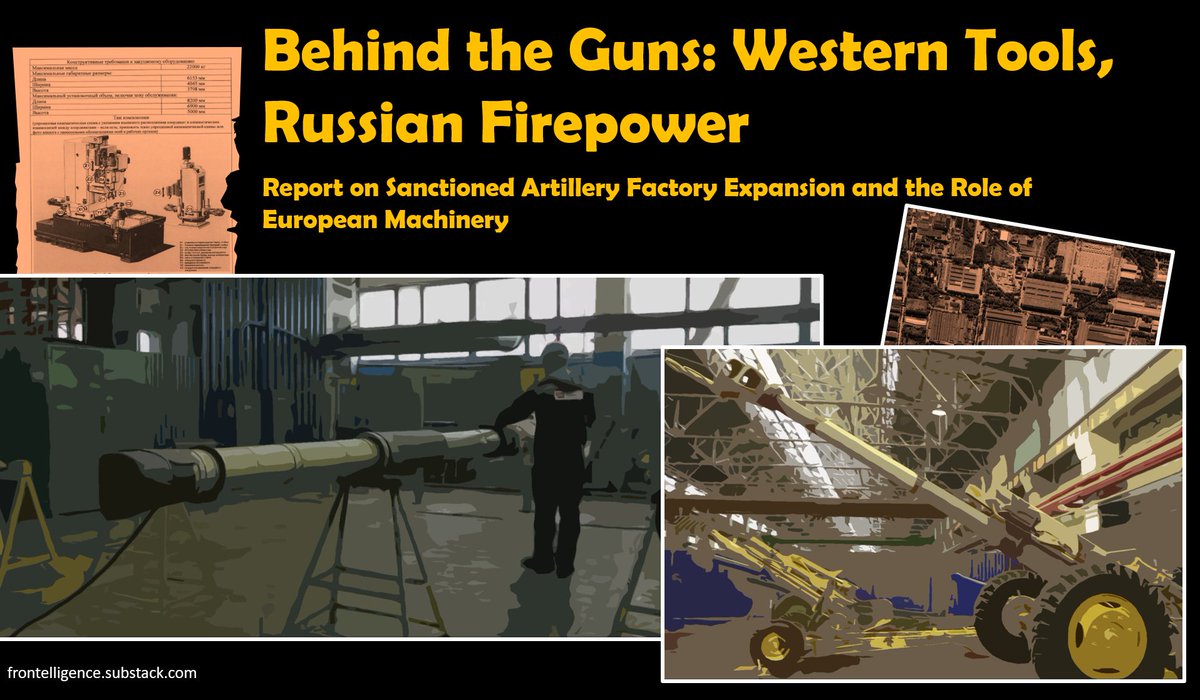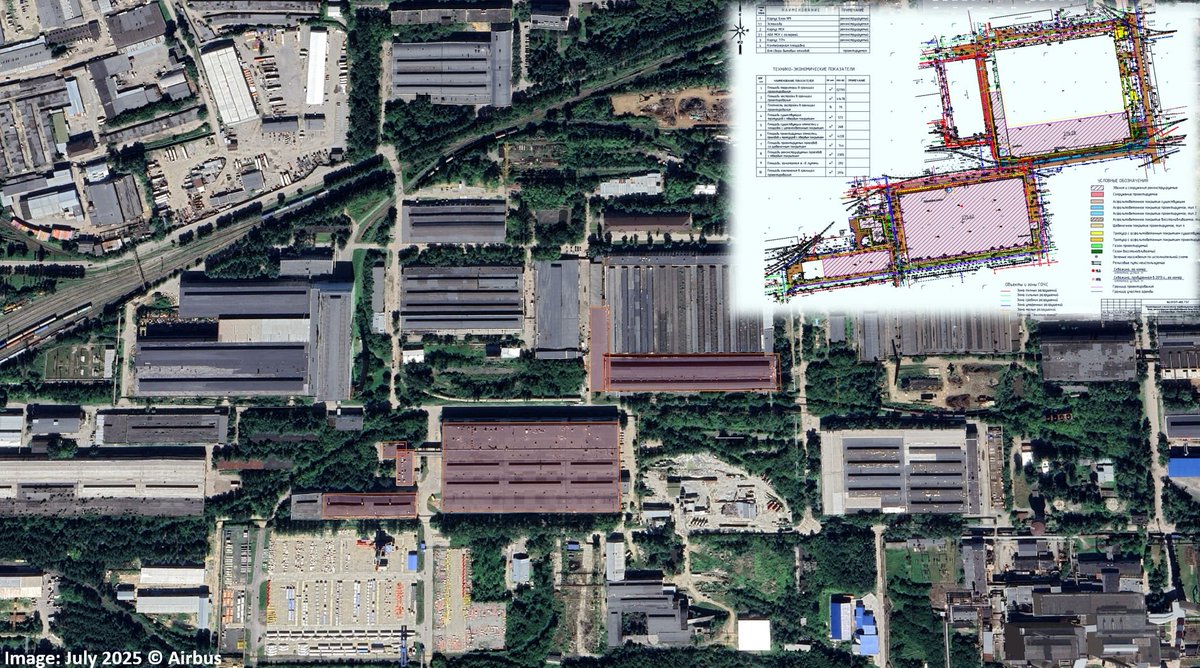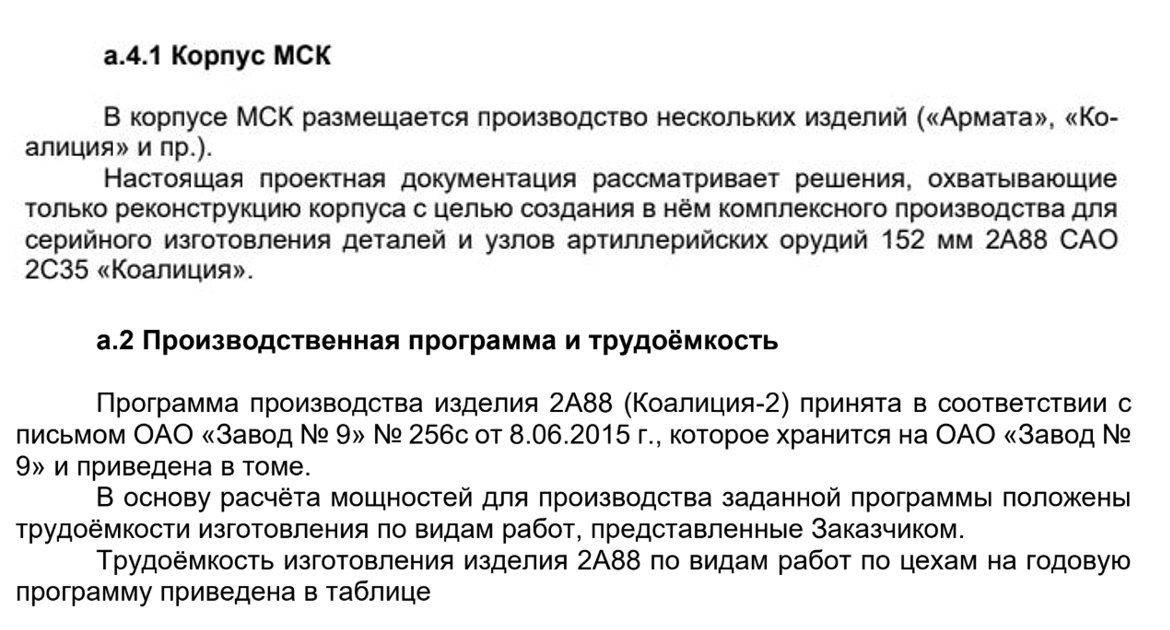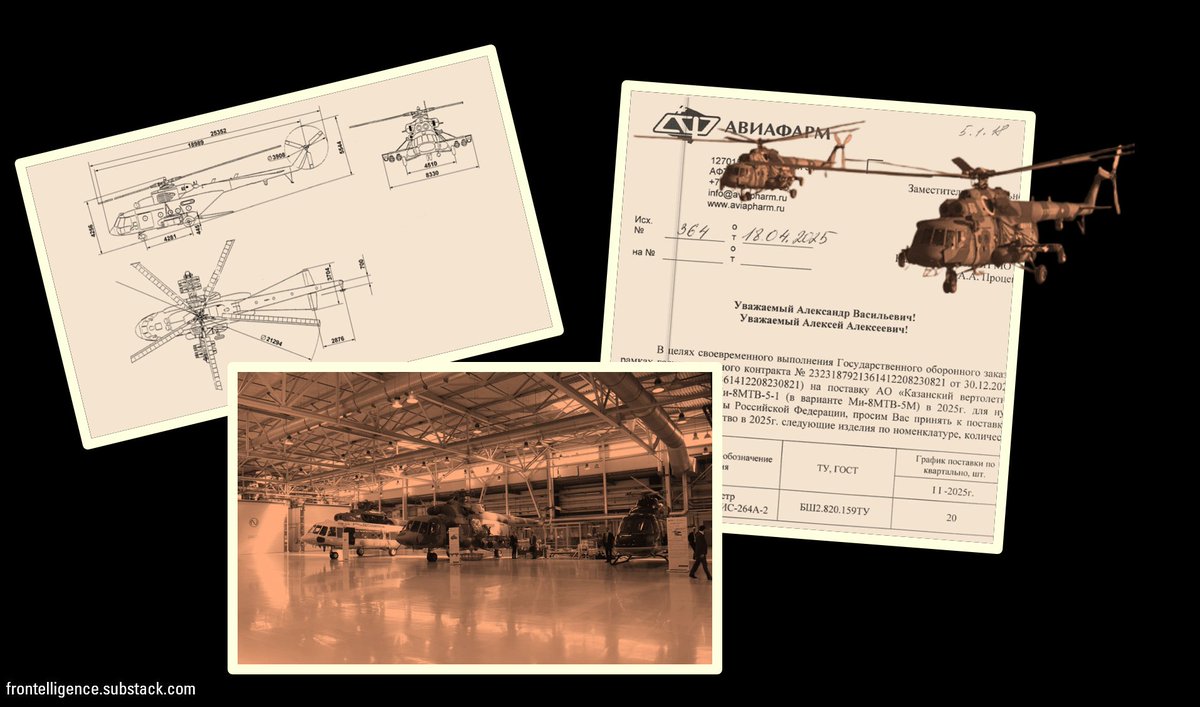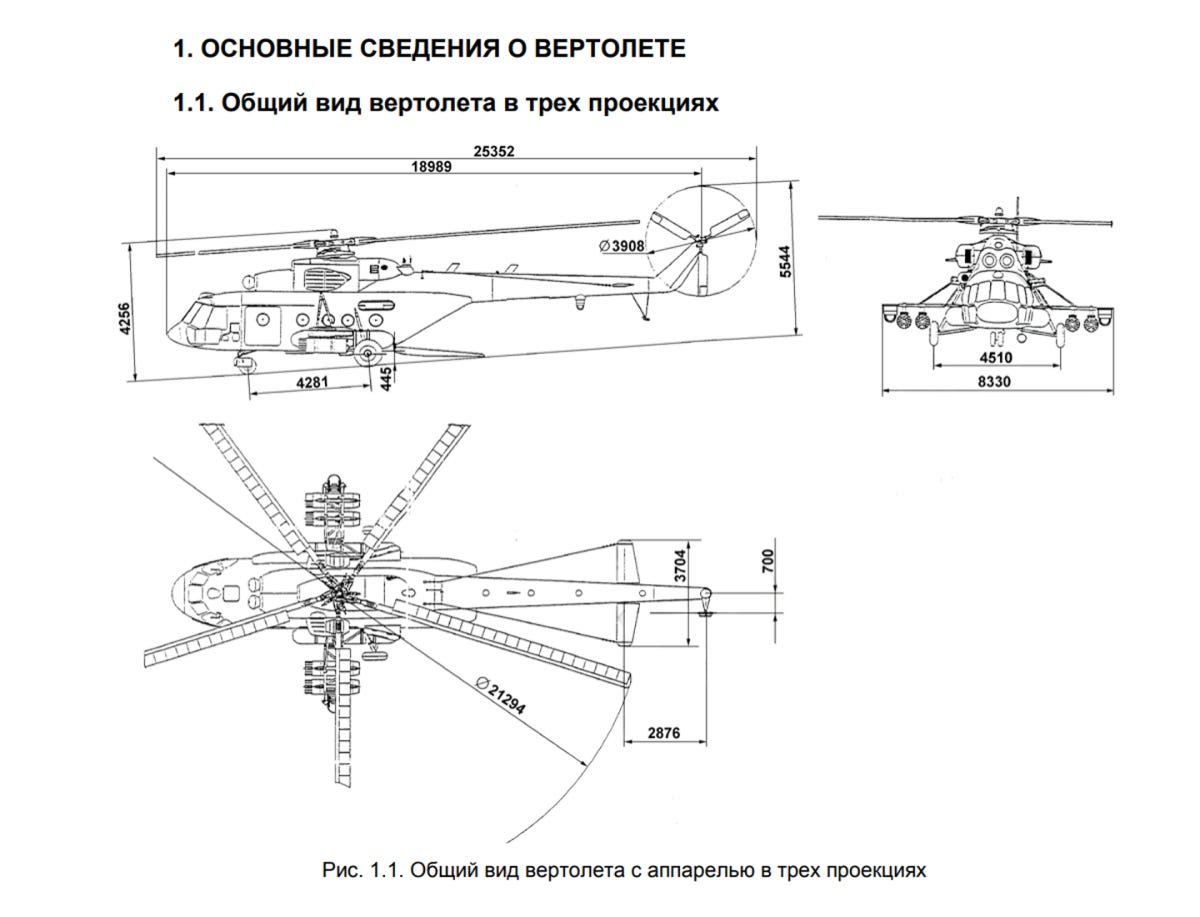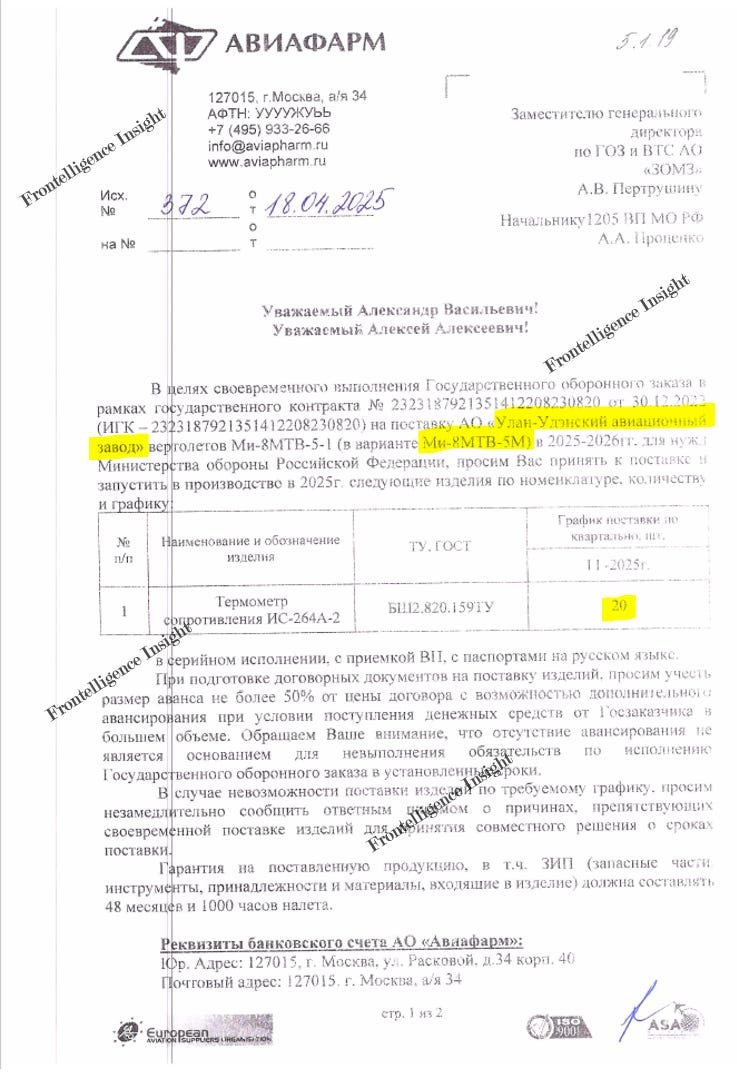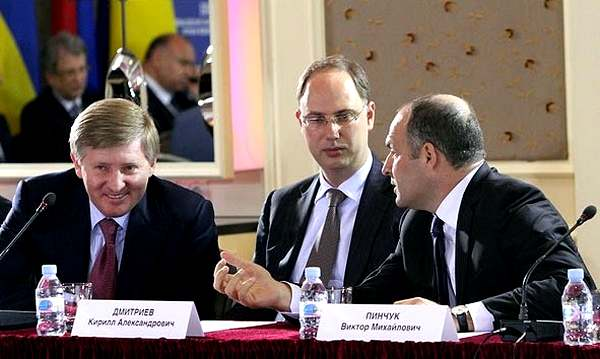Around August 16th, a video circulated on Telegram, showing a Ukrainian soldier's severed head on a pole, reportedly filmed by a member of the 155th Brigade. This should be seen not just as an isolated act of cruelty but as part of a larger, systematic approach.
🧵Thread:
🧵Thread:

2/ Before discussing the issue, let's clarify several points. The video went viral after the notorious Russian unit "Rusich" posted it on their Telegram channel on August 16th. They praised the 155th Brigade, stating that this was an appropriate response to "pigs." 
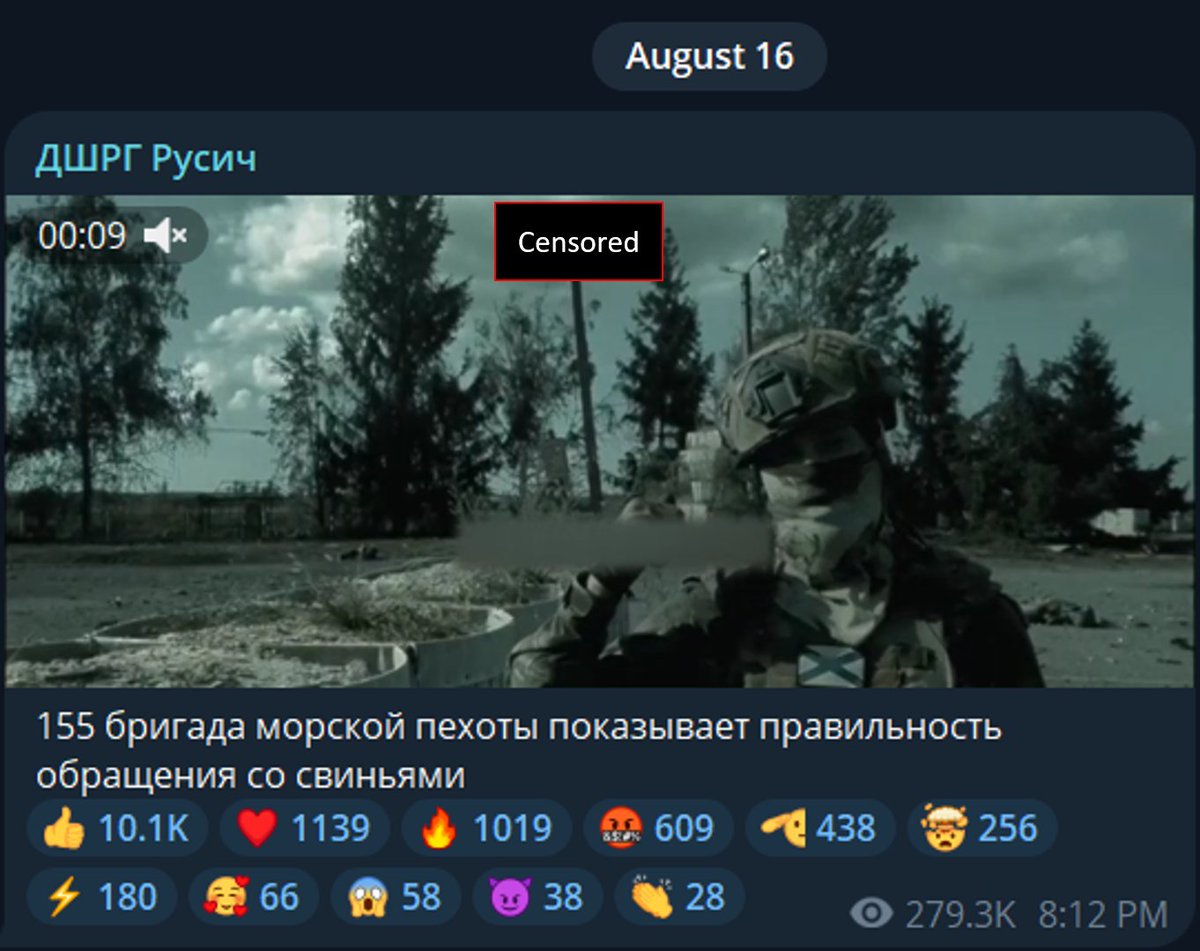
3/ This is not the first instance of the 155th Brigade engaging in such cruelty. In March 2022, the same brigade was involved in the occupation of Bucha, an event documented in the official report by the Office of the United Nations High Commissioner for Human Rights. 

4/ While isolated cruelty can occur in a war involving over a million troops, encouragement of such crimes is a different level of severity. For instance, following the notorious Bucha massacre, Putin awarded the 155th Brigade an honorary title after their withdrawal from Bucha. 

5/ The issue extends beyond the 155th Brigade itself. There are multiple reports and videos of acts of torture, execution, dismemberment, sexual violence, and castration committed by other Russian forces. These actions occur with minimal or no repercussions at all. 

6/ One aspect of this approach is that violence is not just intended to terrorize Ukrainians into submission - few would be swayed to surrender by such brutality. Instead, the goal is to provoke a violent response from Ukrainians, thus discouraging RU troops from surrendering
7/ Despite the cruelty and torture endured by Ukrainians, the Armed Forces of Ukraine have shown remarkable restraint. This is evident in the Kursk region, where, unlike the Russian actions in Izyum, Bucha, and other towns, there have been no acts of revenge or massacres.
8/ This not only debunks the "bothsidesing" fallacy but also shows the world that Ukraine holds the moral high ground and remains committed to its international legal obligations. Unfortunately, this significant fact seems to be frequently overlooked.
9/ States that encourage systematic violence and crimes should be treated similarly to ISIS, with a comparable response to completely stop such behavior.
Verbal condemnations have proven ineffective against ISIS and are unlikely to be effective against Russia.
Verbal condemnations have proven ineffective against ISIS and are unlikely to be effective against Russia.
• • •
Missing some Tweet in this thread? You can try to
force a refresh


